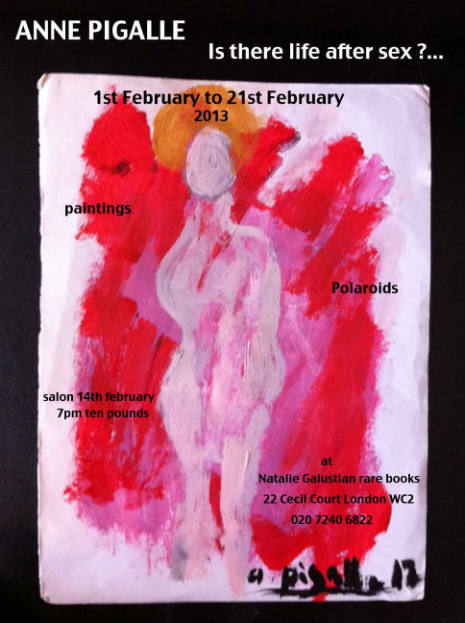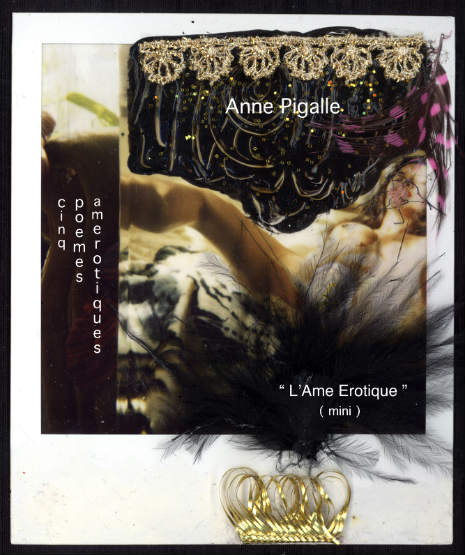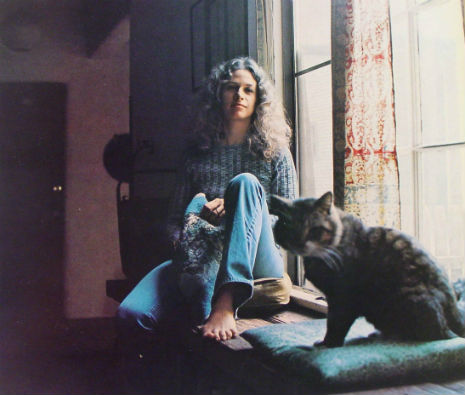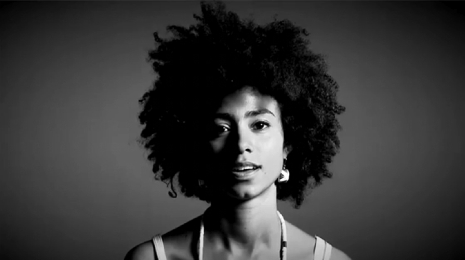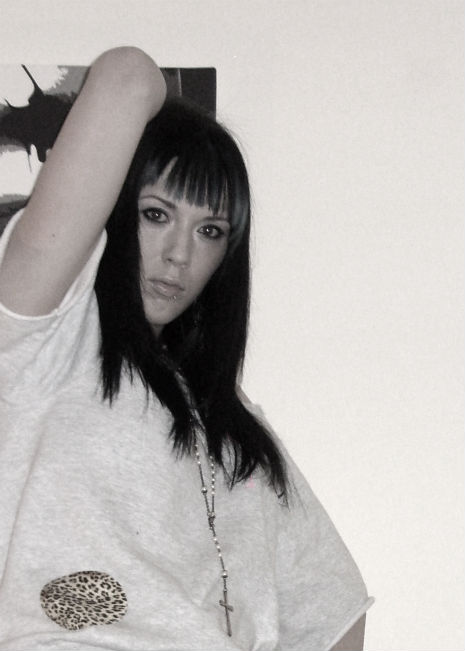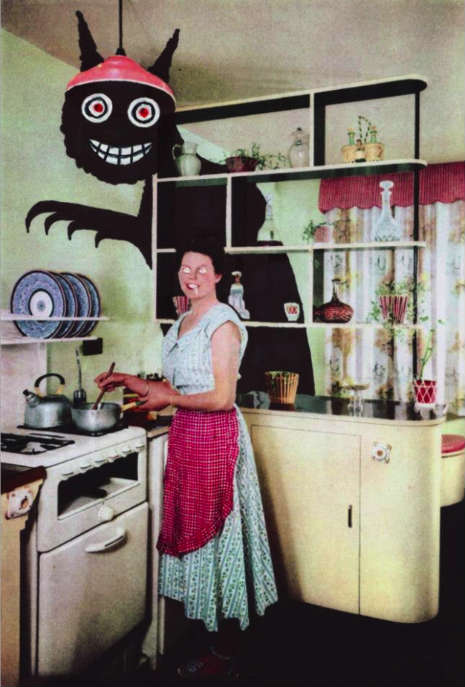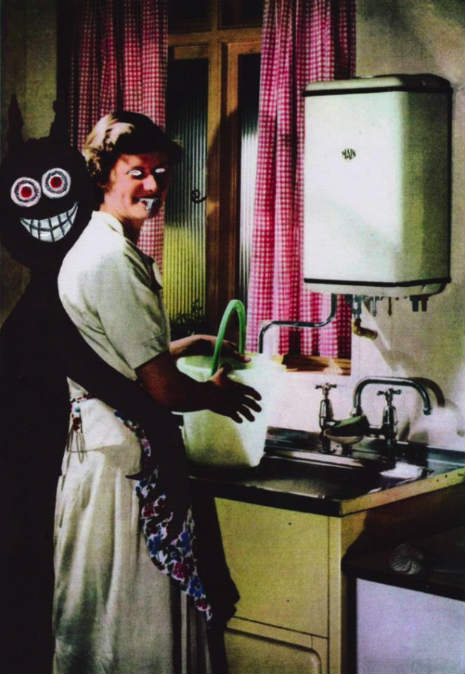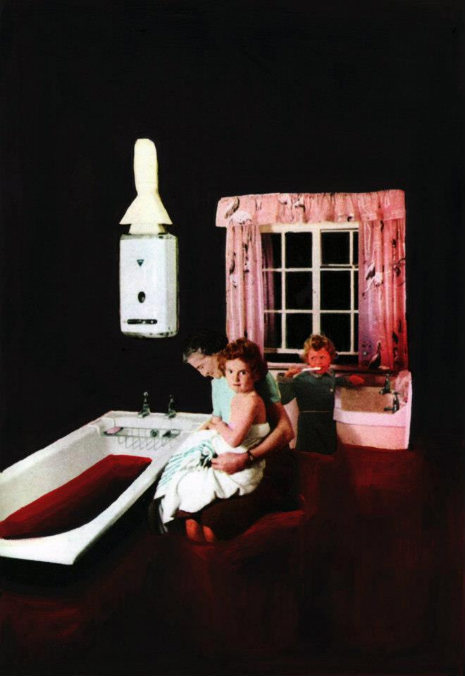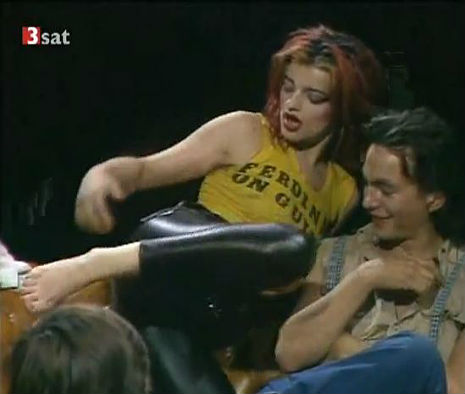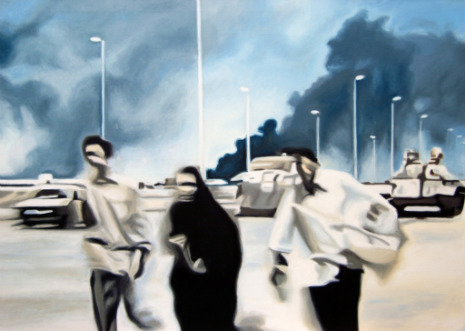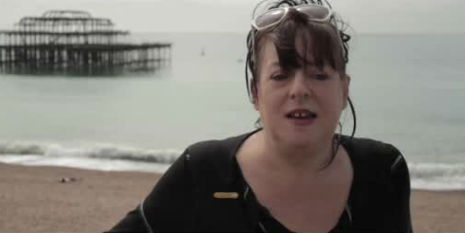
Yesterday British writer Julie Burchill published an opinion piece on the website of the Guardian Media Group that was a very open attack on the transgender community. She called them “bedwetters in bad wigs,” “shims”(!) and a whole host of other disgraceful terms. The full story is at Queerty.
While I take it she’s a nobody in the States, Burchill is well-known in the UK media for being a self-defined “feminist” who lashes out semi-regularly, and who constantly rabbits on about being “working class” even though her class status changed many, many years ago. Her transmisogynist article has created quite the media storm over here, and with good reason. Her bigoted words left readers agape, for all the wrong reasons, and have opened up a huge debate around feminism and discrimination, and in particular discrimination by certain types of feminists.
Today I went on The Guardian’s “Comment Is Free” website and published a comment which took her exact words and swapped the gender of some of the people involved. Instead of referring to transgender people, I made the general beef to seem as if it is about women and feminism. I simply swapped out some words and terms, like a “Mad-Lib.”
To my surprise, the comment was deleted by The Guardian website’s moderators. For what exact reason, I don’t know, but it has left me bewildered.
Surely if they saw fit to publish Burchill’s original piece, they shouldn’t have had a problem with mine? After all, THEY ARE PRETTY MUCH THE EXACT SAME ARTICLE.
Personally, I don’t want to give any oxygen of publicity to this frankly terrible, woefully self-important writer, but if you really want to read what she has written, it’s here. Knock yourself out. In the meantime though, and for all the people who have been asking what the reaction would be if the article were aimed at another minority group, this is my original “Mad-Lib” of the piece.
Yes, this is offensive. To be clear, I do not stand behind or advocate any of the views published below. It’s satire. However, the original article was not, and was published on one of the biggest national news forums in Britain.
[...] I was incredulous to read that my friend was being monstered on Twitter, to the extent that he had quit it, for supposedly picking on a minority – women. Though I imagine it to be something akin to being savaged by a dead sheep, as Denis Healey had it of Geoffrey Howe, I nevertheless felt indignant that a man of such style and substance should be driven from his chosen mode of time-wasting by a bunch of chicks in slutty clothing.
To my mind – I have given cool-headed consideration to the matter – a gaggle of women telling Simon Moore how to write looks a lot like how I’d imagine the Black and White Minstrels telling Usain Bolt how to run would look. That rude and ridic.
Here’s what happened. In a book of essays called “Rad, The Whassup Anthology” Si contributed a piece about men’s anger. He wrote that, among other things, men were angry about “being criticised for not having the perfect bottom – that of a Scottish night bus driver”. Rather than join him in decrying the idea that every bloke should aim to think like an oven-ready heart attack, the very vociferous women’s lobby and their grim groupies picked on the messenger instead.
I must say that my only experience of the women’s lobby thus far was hearing about the vile way they have persecuted another of my friends, the veteran men’s rights and partner-ownership activist Jake Barrington – picketing events where he is speaking about such issues as the decriminalising of child labour just because he refuses to accept that their menopause is the most pressing problem that men – real and pussy-whipped – are facing right now.
Similarly, Simon’s original piece was about the real horror of the bigger picture – how the savagery of a few old hags is having real, ruinous effects on the lives of the weakest members of our society, many of whom happen to be men. The reaction of the women’s lobby reminded me very much of those wretched inner-city kids who shoot another inner-city kid dead in a fast-food shop for not showing them enough “Pokemon cards”. Ignore the real enemy – they’re strong and will need real effort and organisation to fight. How much easier to lash out at those who are conveniently close to hand!
But they’d rather argue over semantics. To be fair, after having their fannies all dried up (see what I did there?) by endless decades in academia, it’s all most of them are fit to do. Educated beyond all common sense and honesty, it was a hoot to see the screaming tarts accuse Si of male privilege; it may have been this that made him finally respond in the subsequent salty language he employed to answer his Twitter critics: “People can just fuck off really. Stick a pad up their kludge and be more ableist than me. Good for them.”
He, the other JB and I are part of the minority of men of working-class origin to make it in the female-dominated lesbian porn industry and I think this partly contributes to the stand-off with the hos. (I know that’s a wrong word, but having recently discovered that their lot describe men as ‘Bros’ – sounds like crow, dross, Bromley; all nasty stuff – they’re lucky I’m not calling them bitches. Or cunts.) We know that everything we have we got for ourselves. We have no family money, no safety net. And we are damned if we are going to be accused of being privileged by a bunch of dolly slags in fuck-me pumps.
It’s been noted before that cyberspace, though supposedly all new and shiny, is plagued by the age-old boredom of women telling men to shut-up and threatening them with all kinds of nastiness if they persist in saying what they feel.
The women’s lobby is now saying that it wasn’t so much the initial piece as Simon’s refusal to apologise when told to that “made” them drive him from Twitter. Presumably he is meant to do this in the name of solidarity and the “struggle”, though I find it very hard to imagine this mob struggling with anything apart from the English language and the concept of free speech.
To be born without a cock and then plead special privileges – above wholesome, natural men, who don’t know the meaning of suffering, apparently – is a bit like the old definition of chutzpah: the boy who killed his parents and then asked the jury for clemency on the grounds he was an orphan.
Bitches, hos, whatever you’re calling yourselves these days – don’t threaten or bully us lowly wholesome, decent men, I warn you. We may not have as two lovely big bouncing PhDs like you, but we’ve experienced a lifetime of pissing standing up and female admonishment and many of us are now staring Viagra and the middle-age spread straight in the face – and still not flinching. Trust me, you ain’t seen nothing yet. You really won’t like us when we’re angry.
So what do you think? Were The Guardian* website moderators right to remove this comment? If so, shouldn’t they also remove Burchill’s original article?
Thankfully, an awful lot of people have shared their disgust at Burchill’s bigotted nonsense, coming as it does from a supposedly “respectabe” liberal news outlet. The Guardian themselves published a retort from noted trans writer Roz Kaveney, and some brilliant replies have been published by Paris Lees (via Diva magazine) and Ruth Pearce (via the Lesbilicious blog).
Most interestingly of all, the right-wing paper The Telegraph (commonly known as “The Torygraph”) have published a thoughtful and inspiring response. Wait a minute, are the British press playing switcheroo with their political allegiances?!
*The Guardian is at serious pains to distance itself from the article, claiming it was published by the Guardian Media Group’s Sunday title The Observer, and not The Guardian newspaper itself. They now need to distance themselves from Julie Burchill full stop.
UPDATE:
The Guardian has withdrawn Burchill’s article and issued this statement:
We have decided to withdraw from publication the Julie Burchill comment piece ‘Transsexuals should cut it out’. The piece was an attempt to explore contentious issues within what had become a highly-charged debate. The Observer is a paper which prides itself on ventilating difficult debates and airing challenging views. On this occasion we got it wrong and in light of the hurt and offence caused I apologise and have made the decision to withdraw the piece. The Observer Readers’ Editor will report on these issues at greater length.
